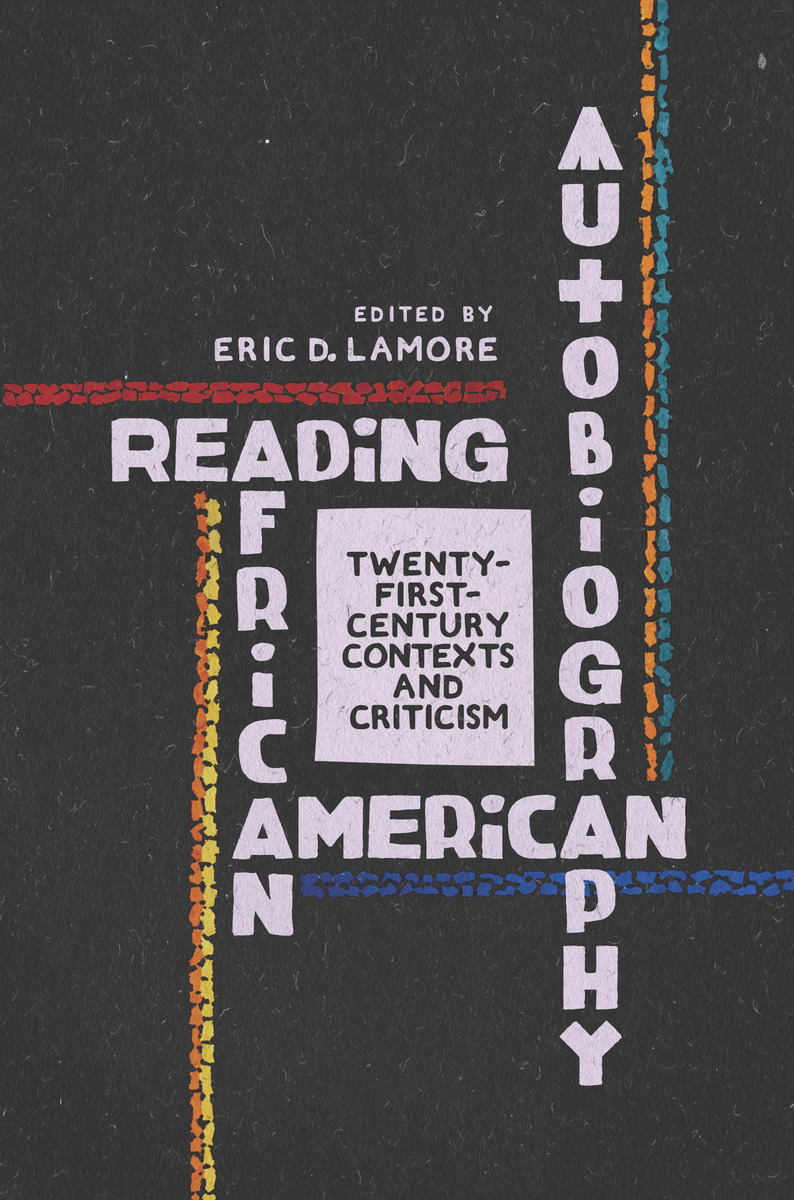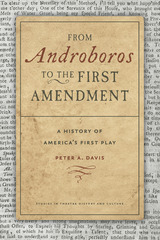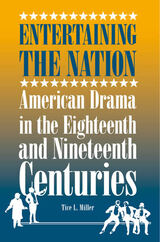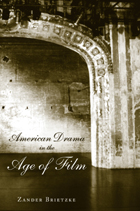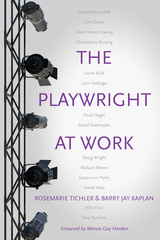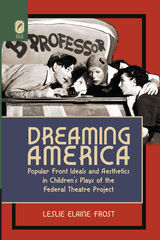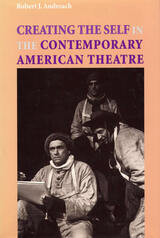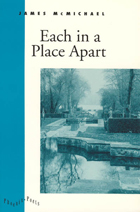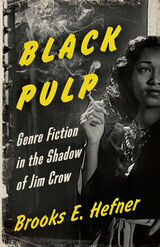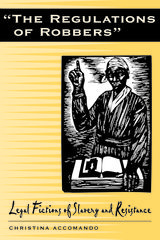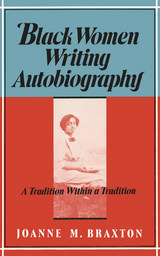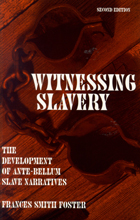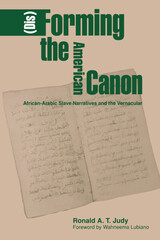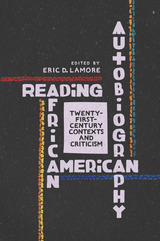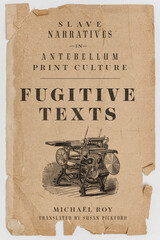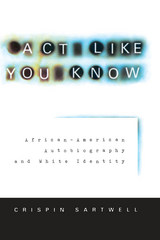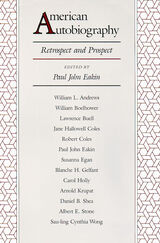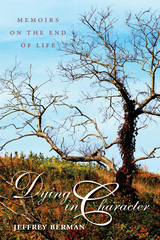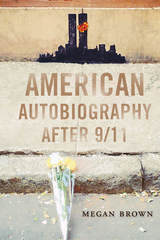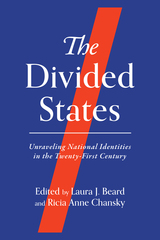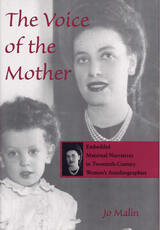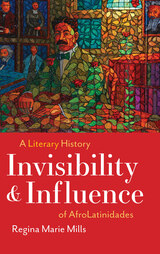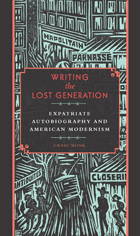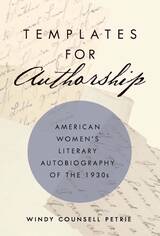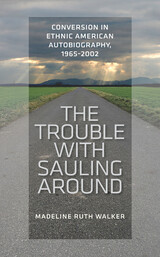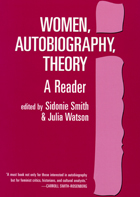Reading African American Autobiography: Twenty-First-Century Contexts and Criticism
University of Wisconsin Press, 2016
eISBN: 978-0-299-30983-1 | Cloth: 978-0-299-30980-0
Library of Congress Classification PS366.A35R43 2016
Dewey Decimal Classification 810.949200092961
eISBN: 978-0-299-30983-1 | Cloth: 978-0-299-30980-0
Library of Congress Classification PS366.A35R43 2016
Dewey Decimal Classification 810.949200092961
ABOUT THIS BOOK | AUTHOR BIOGRAPHY | REVIEWS | TOC | REQUEST ACCESSIBLE FILE
ABOUT THIS BOOK
This timely volume embraces and interprets the increasingly broad and deep canon of life narratives by African Americans. The contributors discover and recover neglected lives, texts, and genres, enlarge the wide range of critical methods used by scholars to study these works, and expand the understanding of autobiography to encompass photography, comics, blogs, and other modes of self-expression. This book also examines at length the proliferation of African American autobiography in the twenty-first century, noting the roles of digital genres, remediated lives, celebrity lives, self-help culture, non-Western religious traditions, and the politics of adoption.
The life narratives studied range from an eighteenth-century criminal narrative, a 1918 autobiography, and the works of Richard Wright to new media, graphic novels, and a celebrity memoir from Pam Grier.
The life narratives studied range from an eighteenth-century criminal narrative, a 1918 autobiography, and the works of Richard Wright to new media, graphic novels, and a celebrity memoir from Pam Grier.
See other books on: African American & Black | African American authors | Autobiography | Criticism | Lamore, Eric D.
See other titles from University of Wisconsin Press
